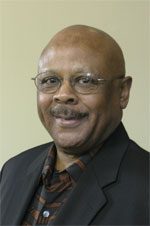I’ve just returned from a conference at Georgetown University exploring the legacy of the Second Vatican Council (1963-65). 2015 marks the 50th anniversary of this epochal Council’s closing. The conference was quite large and the organizers were perhaps only half joking when they said organizing the conference felt a bit more like re-convening the original Council, which brought over 2000 bishops to Rome from all over the world. At the conference, I heard cardinals and bishops speak from France, Germany,... Read more
















